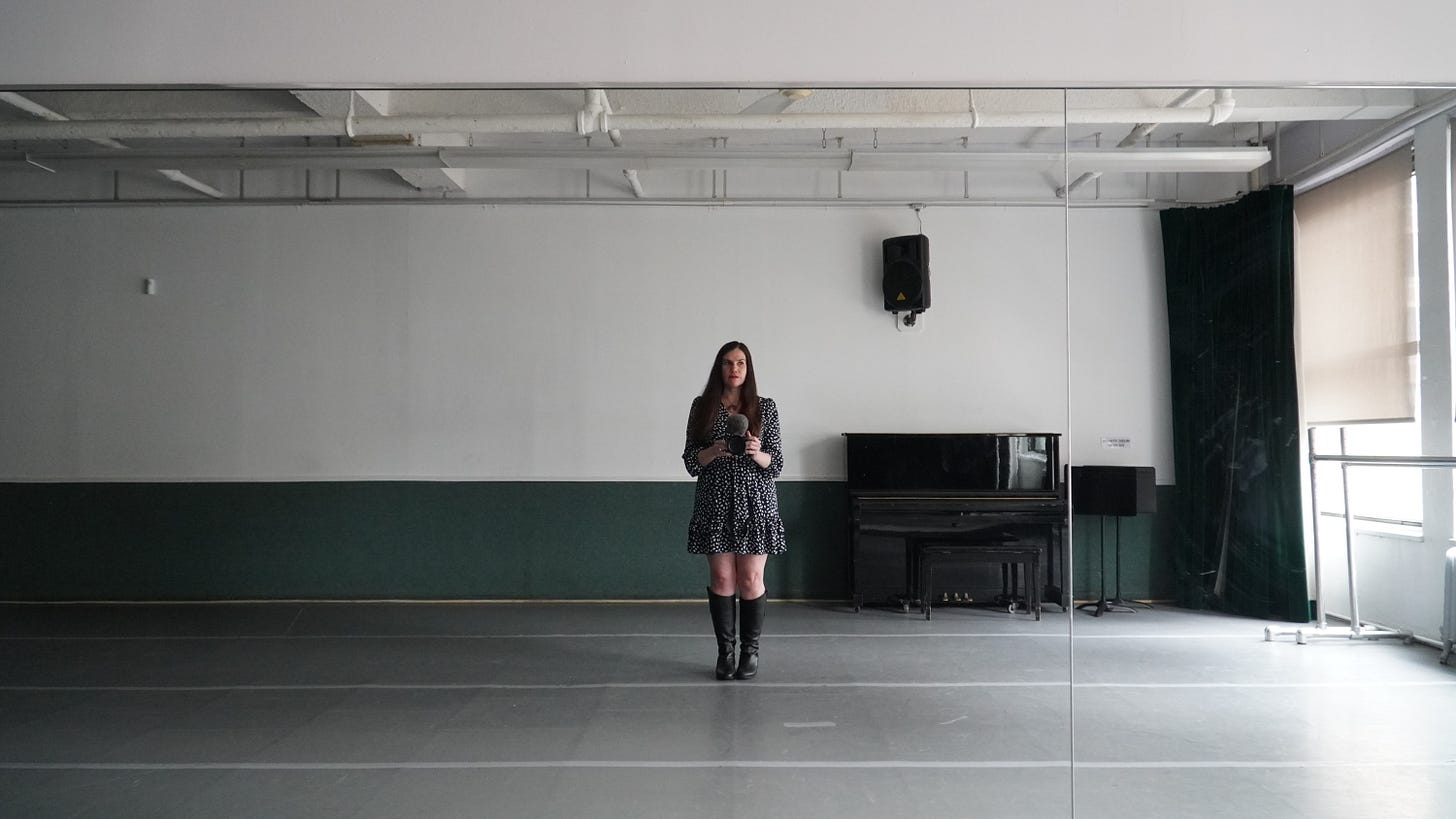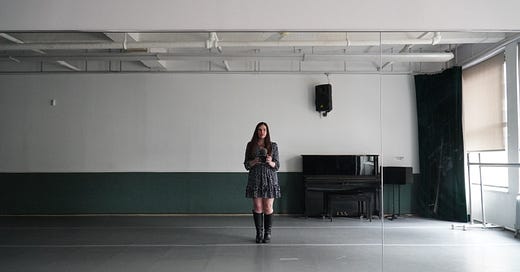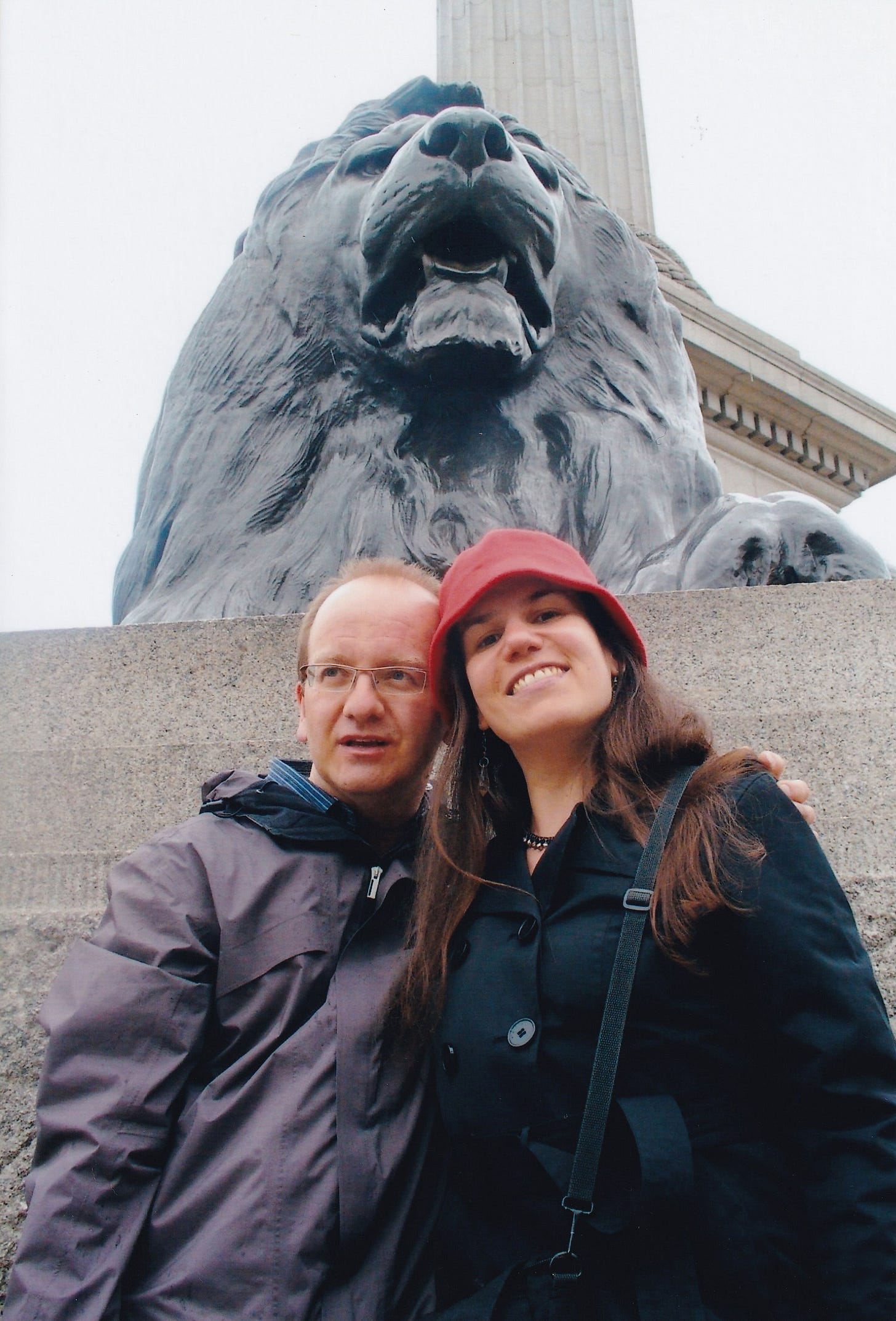At some point last May, I got restless. The academic summer was here, and I needed to find an agent for my novel Grand Gestures, but the querying process is famously slow (not to mention soul crushing), and I thought I could speed things up by attending a writers’ conference. Not the ones where you present about your storytelling choices, but the ones where you pitch your unpublished novel to agents. Past attendee accounts for some of these conferences went something like this: you and countless fellow writers line up to speak to an agent. Then you have two minutes (or some other miniscule fraction of time) to pitch your work before the agent moves on to the next person. It sounded nerve racking, and yes, soul crushing.
Enter the Write to Pitch Conference. You have five minutes to pitch, and—more importantly—they divide you into groups headed by a mentor who helps you finesse your pitch, a process that didn’t sound soul crushing for a change. Write to Pitch fortuitously takes place at the legendary Ripley-Grier Studios, where Broadway (and plenty of films and TV) shows hold auditions and rehearsals, and where part of my Broadway-based novel takes place. So I booked a ticket and got a room at The New Yorker Hotel. The night before the conference, I realized I could see Ripley-Grier from my window. Inside it, dozens of dancers were chasing some dream they might one day realize. So, of course, I had to film it:
Andrew Wille, my dear friend who possesses boundless knowledge about all things writing and publishing (check out his fantastic Substack), told me the conference would help me ascertain how industry insiders reacted to the novel, and that I’d make lifelong friends to boot. The next morning, I walked into Ripley-Grier, nervous as hell but eager to pitch, learn, and make friends.
We were divided into groups, and our mentor Susan Breen had us take turns pitching our novels. I watched her ask question after question with incisive kindness. She helped us find the holes and the gems in how we talked about our books. As someone who’s been teaching writing and filmmaking for two decades, I could see she was good. Not good. Great. She embodied what I describe in my “Feedback as an Act of Love” essay, which I wrote to help students see where we instructors are coming from when we point out patterns to address and possibilities to explore.
While the feedback sessions were immensely nurturing, the pitch sessions made me think of Jennifer Beals’ Flashdance audition for the Pittsburgh Conservatory (minus the legwarmers and Irene Cara soundtrack). There was a list outside the door, and when you were up, you walked into a room where the agent or editor sat at a table. You handed them a printout of your pitch and then read it to them with as much oomph and gusto as you could muster. Some would look you in the eye, others would read along. But no matter what they did, you wondered: Will you say yes? Will you? Please? Some did say yes to me, but others pointed out a glaring issue with the novel I’d spent three years laboring over: wordcount. One of the editors circled the number of words (which was featured prominently on the first line of my pitch) with a red pen. Was it really red? Maybe it wasn’t. But it felt red to me.

124,600. That was the number that stood between me and a shot at getting my baby into the world. Why? Because my genre (upmarket women’s fiction) usually spans between 75,000 and 100,000 words. And although I had a fabulous spiel about why my book wasn’t overloaded or overwritten or any kind of overanything, I kept thinking of Andrew’s wisdom: this is where you find out how people in the industry react to your book. And my book was too long. And I had no idea how to cut it. I’d written a novel where each scene led to the next and each character contributed to the story. How the hell was I supposed to cut 24,600 words from it?
As I sulked on the last day, I remembered the other piece of Andrew’s prognostication. I was also here to make friends, so off I went to lunch with Jess Ridlen and Jamie Freiburghouse, two women I’d spent time with at the conference and had come to admire because they had exciting projects and were eager to figure out how to get them published. Lunch turned into a trip to a perfume shop (where I bought a scented candle, which they labeled Grand Gestures for me). Then it turned into a glass of wine at a hip bar, then dinner at a Thai place. Our day together turned into intimate stories and timeless connections, and by the time I got back to the New Yorker that night, I had no idea how I was going to cut the book, but I knew I’d figure it out because I wasn’t alone in this mess. Writing is hard and publishing even harder, but you’re not alone in it. And it's not just your characters who keep you company, it’s Jess and Jamie and Susan and Andrew—and their company makes it all worthwhile, even during the darkest moments of the process.
I’ll tell you how it went in my next post. Suffice it to say I was too busy to write this when I got home with my candle and my friends and my certainty that my novel was too long.
Unearthed Photo
I moved to Dayton, Ohio in the summer of 1993 when I was 16. At some point that fall, I auditioned for the Centerville High School Christmas play despite having a thick accent and a questionable grasp on the English language. I can’t remember the audition itself, but I was miraculously cast as Momma Mouse. I’ve forgotten the play’s name, but I had four little mouse children, one of whom didn’t heed my warnings and almost got eaten by a cat. Her name was Squeaknibble, and I called after her over and over, which is funny because that’s an impossible word to pronounce for a native Spanish speaker who’s only getting started on English.
Although my whiskers and ears were goofy, I adored my pink dress and had a crush on the boy playing the cat. It was all delightful until a different boy (he too was cute) came to watch us rehearse and pointed out to our director that he had no idea what I was saying. Over the weeks of rehearsal, everyone had grown used to my accent. But to outsiders, it was hard to understand. And soon there would be hundreds of outsiders, many of them children, coming to see the play. I felt like the world was ending (being sixteen will do that) and that I’d ruined everything (sixteen, again). We worked on my accent, and it probably improved, though I’m guessing not much. The kids in the audience still got the plot (it was simple, after all), and when it was over, I moved on to primarily writing and directing plays. The Drama Club was the best thing that happened to me in high school. It’s still shaping me 30 years later (it even inspired Grand Gestures)—and I don’t know if I’d have done any of it if I hadn’t gone to that misguided audition.
Stories that Transfixed Me (and May Transfix You)
The Wedding People by Alison Espach
Phoebe Stone, an English adjunct professor, walks into an elegant Inn by the water in Newport, Rhode Island. She’s never seen the sea, and she’s been unhappy for a long time. She’s drowning in despair and wants to be alone, but the inn is crowded with guests for a lavish wedding. She tries to ignore them and their delicious dramas, but there are people who will simply not be ignored. If you’re looking for hope, humor, exquisite dialogue, and insight on how to find yourself again, this is your book.
Fleishman Is in Trouble created by Taffy Brodesser-Akner
Being a big fan of Lizzy Caplan and always on the lookout for a great book adaptation, I read Taffy Brodesser-Akner’s 2019 novelFleishman Is in Trouble when they announced it would become a TV show starring Lizzy alongside Jesse Eisenberg, Claire Danes, and Adam Brody. It took me a while to get to the show, but I’m so glad I did. Brodesser-Akner not only wrote the novel but was also the showrunner, and she managed to make a show that captures all the acerbic beauty of the book and its profound musings on the ups and downs of middle age. As Toby Fleishman (Eisenberg) smarts over his ex-wife Rachel (Danes) abandoning their kids, we wonder how anyone could do what she did. Yet as Libby Epstein (Caplan), Toby’s best friend and the story’s narrator, digs deeper into what happened, we find a much more complex and relatable picture of everyone involved.








Can't wait to hear what happened with your book. Sounds like a great experience, no matter what happens.
I'm so proud of you, amiga! And I'm always, always, always rooting for you! This is just a stepping stone. Your book will be enjoyed by millions! <3